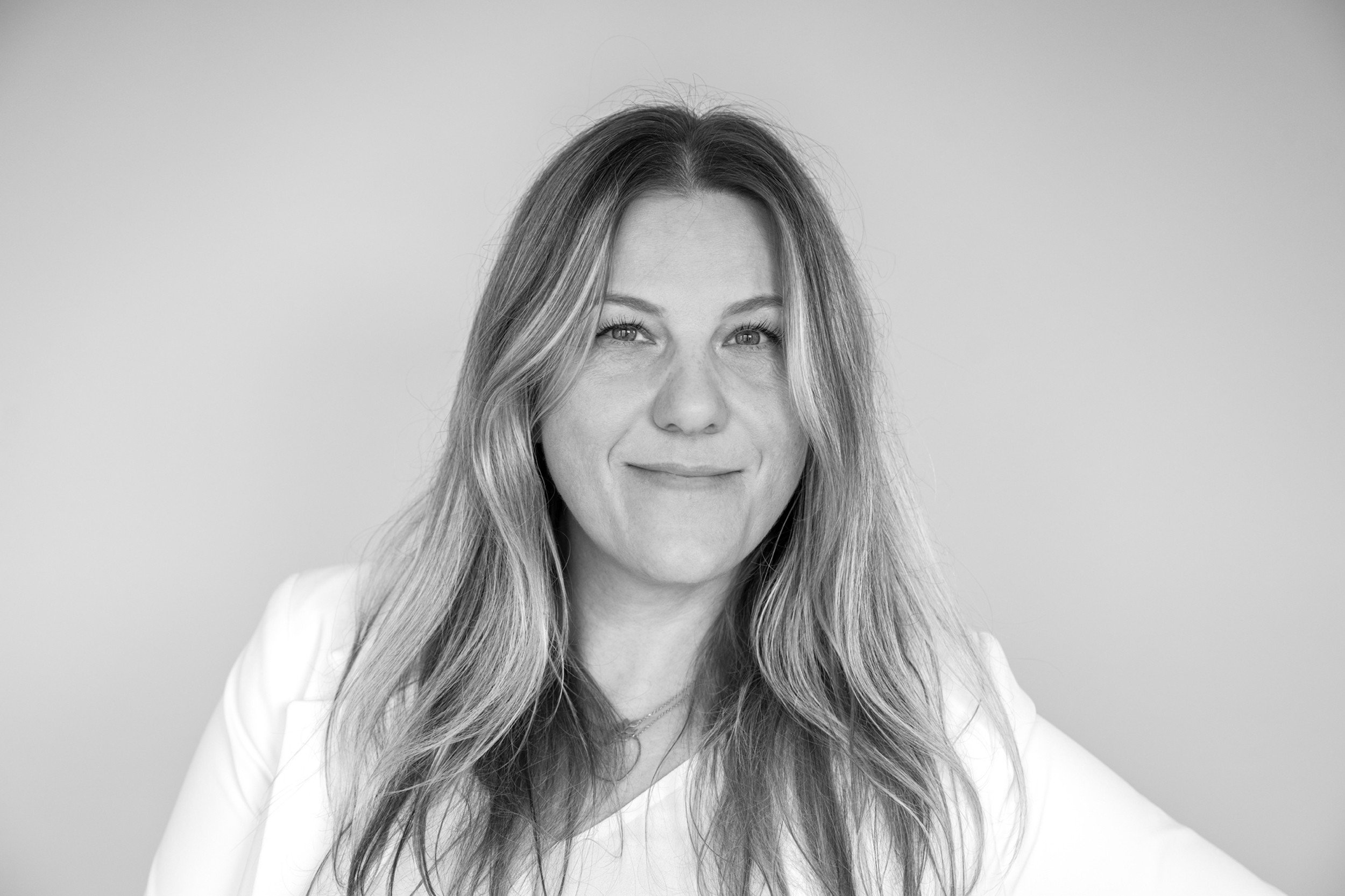We caught up with the brilliant and insightful Anna D’Geami a few weeks ago and have shared our conversation below.
Anna, appreciate you joining us today. What do you think matters most in terms of achieving success?
“What does it take to be successful?” is a question with many answers. Success is a personal journey, and each person’s definition of success is unique. Different definitions of success require different tools to achieve it. In my opinion, success is a multidimensional concept. Being successful means reaching one’s potential in many areas of life. I like the idea of having a personal definition of success. It eliminates the competitive nature of it. When we compare our success against social standards, we lose touch with our authentic potential and power. When we turn inward, listen to our inner self, and employ our intuition, we often discover that success is more diverse than we realize.
I believe that success represents simultaneous growth and maturation in many different areas of life. When it aligns with our core values, it results in a life immersed in happiness and a sense of purpose. Being successful means pursuing all the areas that create a holistic and fulfilling life.
The pursuit of multidimensional success requires self-awareness, commitment, discipline, and resilience. Unlike traditional success, multidimensional success is based on personal development work. The destination is a result of the transformation during the pursuit.
To me, the most important aspect of multidimensional success is alignment with the sense of purpose. This means pursuing a career where I can utilize my talents and tap into my genius zone. After spending decades in the design industry and studying mindfulness, psychology, and human potential, I discovered my passion for helping others find their purpose and genius. Pursuing this path is a journey of self-discovery and service to others simultaneously.
Another critical aspect of success is maintaining psychological well-being and feeling free to express oneself. This helps develop a strong sense of self and a feeling of belonging, which in turn builds the confidence to navigate life’s challenges.
Freedom and control over one’s life are another important component of success. Being financially independent and having schedule flexibility to pursue one’s interests and passions create space for growth and expansion and a solid foundation for stability.
Another aspect of success is a well-balanced life, one where our bodies and minds are healthy, and we can enjoy life while tapping into the inner resources for joy and happiness. We get there by practicing harmonious living in accordance with our natural rhythm.
In my opinion, “a life that you don’t need to take a vacation from” refers to a life filled with purpose and fulfillment. When we build our lifestyles around our values and passions in a way that balances all aspects of ourselves, we don’t need to escape from them. Our purposeful life becomes the ultimate destination.
Taking a holistic approach to success means acknowledging our multidimensional nature as individuals. By tapping into our potential in various areas of life, we can unlock our inner resources of happiness and joy. That’s when our potential can be realized, and we start making a meaningful impact on the lives of others.

Anna, before we move on to more of these sorts of questions, can you take some time to bring our readers up to speed on you and what you do?
My journey to becoming a Human Potential Architect and a Certified Leadership Coach was shaped by a captivating tenure in the design and construction industry, where I led diverse teams toward successful outcomes, solidifying my belief that exceptional results are the product of nurturing leadership and fostering an environment conducive to growth and expansion of human potential. As a coach, I am committed to accompanying people on their personal development and leadership evolution journeys. Over the past 27 years, I have conducted extensive research in mindfulness, psychology, and neuroscience, refining my insights into what truly unleashes our inner capabilities.
My coaching practice is centered around trauma-informed and neuroscience-based methods. Influenced by mindfulness principles, my approach is tuned to remove obstacles and mental barriers that may hinder a person’s path to success and help create new cognitive patterns and habits that support success and expansion into one’s full potential.
Through sustainable growth practices, I guide my clients to venture beyond traditional success. My approach creates a harmonious synchrony between professional achievements, personal growth, and well-being, ensuring that my clients’ success is impactful and sustainable and that they can achieve more than they thought was possible.
In a world full of untapped possibilities, I see myself as a catalyst for individuals to overcome barriers and achieve their full potential.

What’s a lesson you had to unlearn and what’s the backstory?
If there were one lesson that I could unlearn, it would be to worry less and trust the process more. It is natural to worry when we face the unknown. Our brains are wired to seek comfort and predictability, and we’re not taught to develop a trusting relationship with uncertainty. However, life is unpredictable, and worrying is a misuse of our creative energy.
Any advice for managing a team?
To achieve success and create healthy teams, it’s essential to create an environment that brings out the best in people. High performers are not born; they are made. When employees find their roles align with their unique strengths and talents, they are not just motivated; they are empowered. By providing them with the right guidance, mentoring, and support, we enable them to soar to new heights.
Underperformance often occurs when people feel unsupported, or their talent is misplaced. The biggest loss for the organization is the loss of human potential.
It’s crucial to recognize and utilize talent to its full potential by placing it where it can thrive. People who tap into their potential become self-motivated and serve as a source of inspiration within the organization. They become leaders in creating a culture of empowerment and influence.
Low morale is a sign of a lack of motivation and inspiration within the organization. When people lack a sense of purpose, it reflects in their performance. To ensure the sustainability of the company’s success and culture, it’s vital to align talent and potential with the right career or project opportunities.
Contact Info:
- Website: www.annadgeami.com
- Instagram: www.instagram.com/annadgeami
Image Credits
Color photo – credit Juan Coronado


